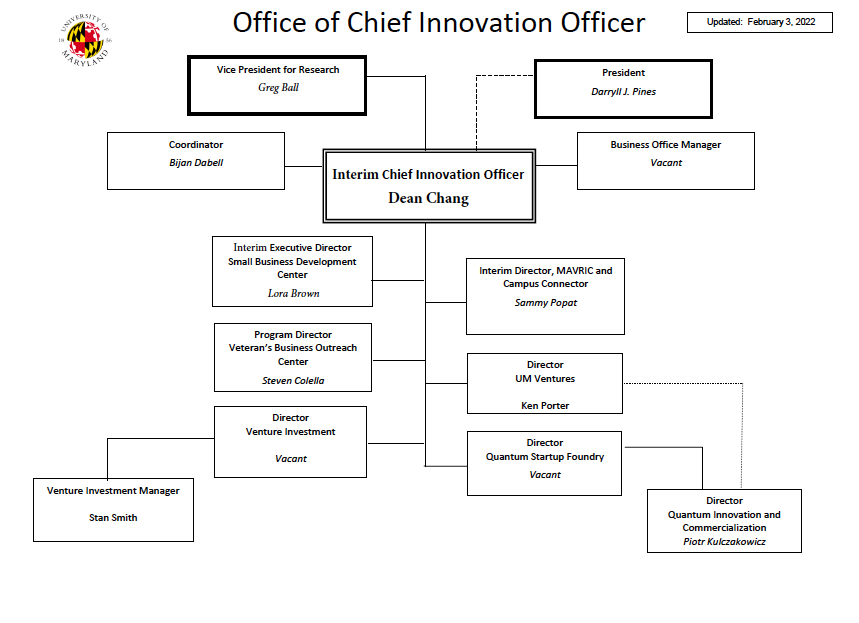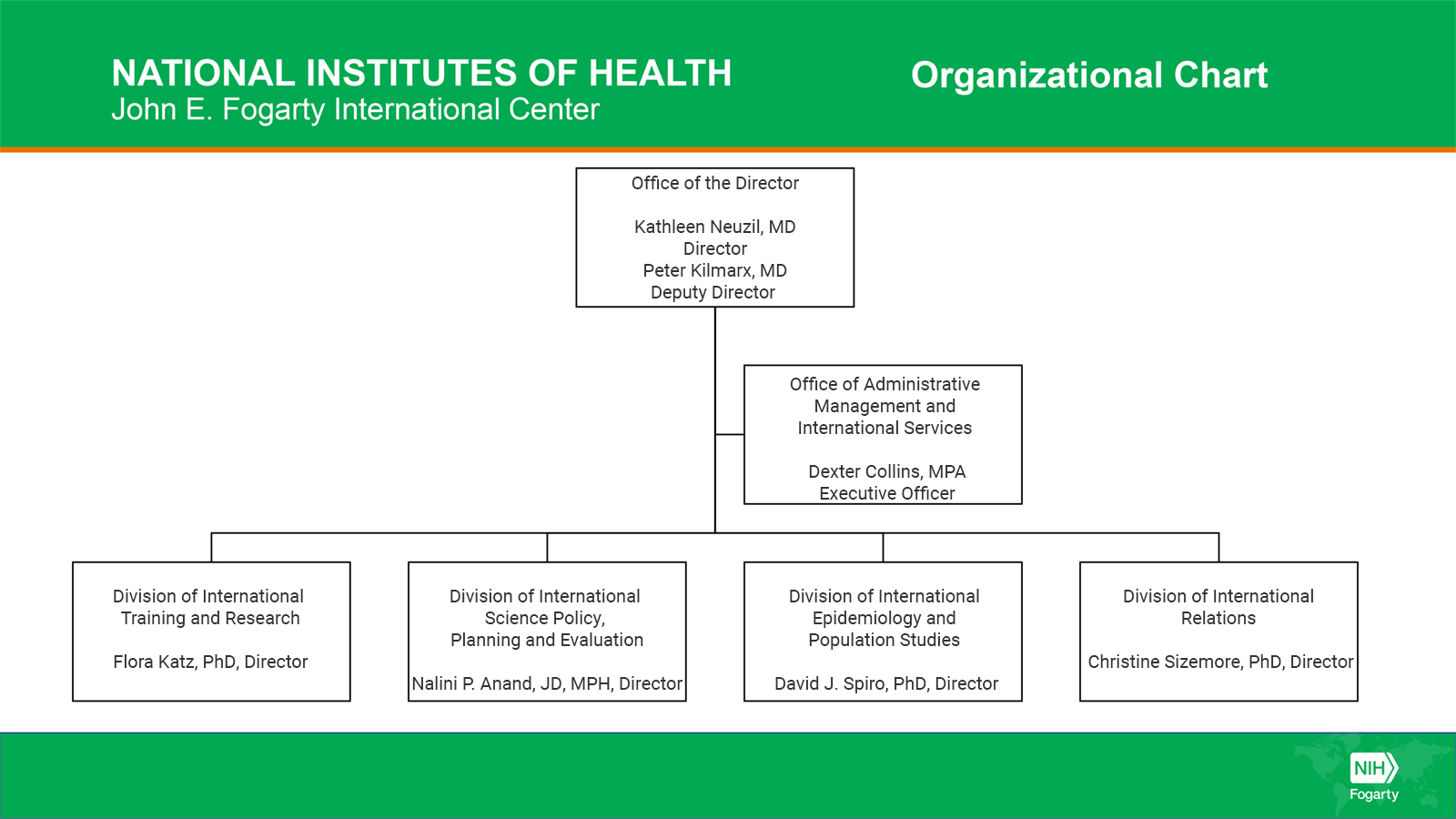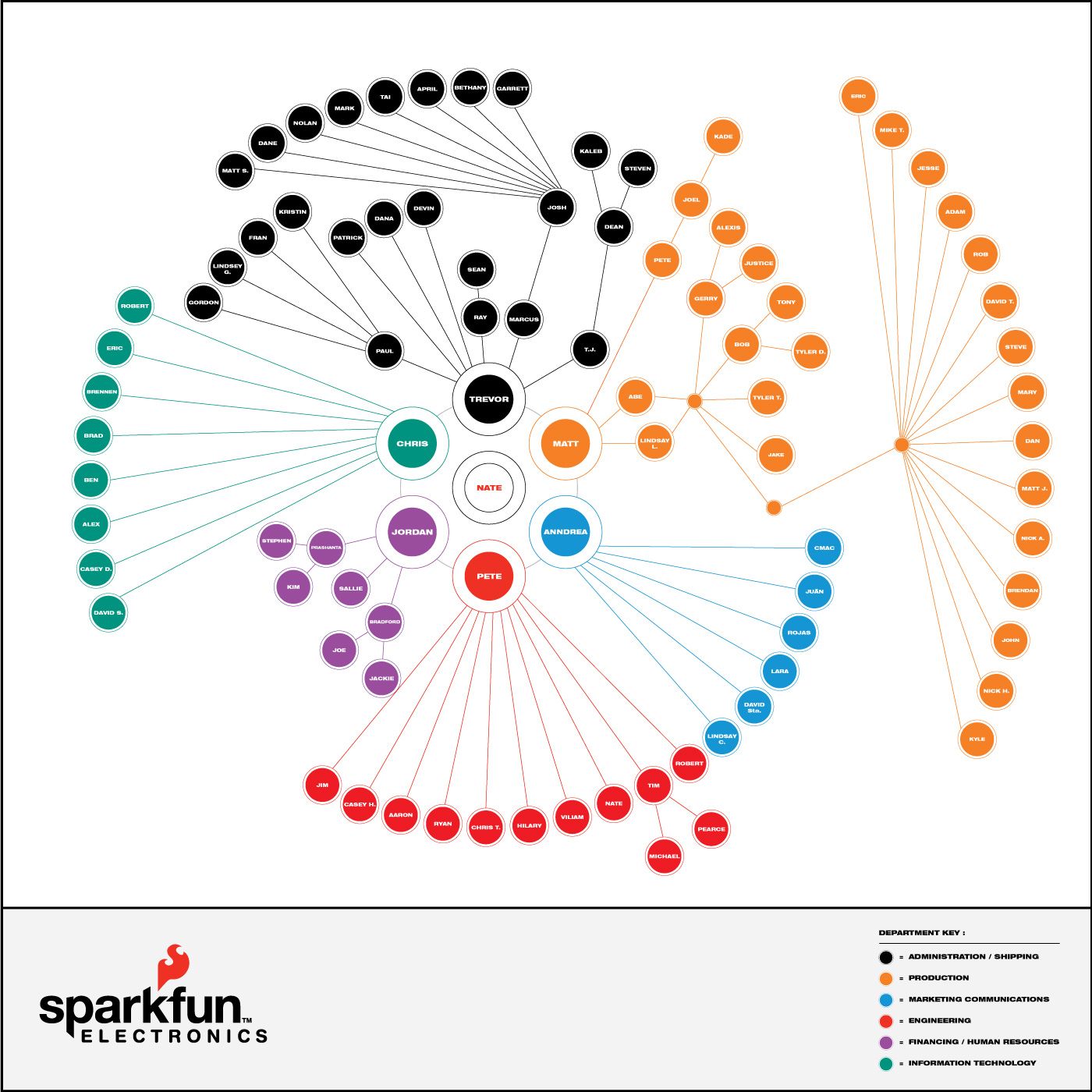The term "ORG" has gained significant traction across multiple industries and sectors. Whether it refers to organizations, organic practices, or other related concepts, ORG plays a pivotal role in shaping modern discourse. This article aims to provide a comprehensive overview of ORG, its meanings, and its implications in various fields.
As we delve deeper into the world of ORG, it is essential to recognize its multifaceted nature. ORG can refer to both organizational structures and organic processes, making it a versatile and dynamic term. Understanding its applications and significance can help individuals and businesses make informed decisions.
Throughout this article, we will explore the concept of ORG from different angles, including its historical background, current applications, and future potential. By the end of this piece, readers will have a well-rounded understanding of how ORG impacts various industries and why it matters.
Read also:Somali Wasmo Telegram Link 2025 Your Ultimate Guide
Table of Contents
- What is ORG?
- ORG in Organizations
- ORG and Organic Practices
- History of ORG
- Types of ORG
- ORG in Technology
- ORG in Education
- ORG in Healthcare
- Statistics and Data on ORG
- Future of ORG
- Conclusion
What is ORG?
At its core, ORG refers to an entity or process that is organized or structured in a specific way. The term can be applied to various contexts, including organizational structures, organic practices, and domain names. In its broadest sense, ORG represents the idea of organization and order, which is fundamental to many aspects of modern life.
One of the most common uses of ORG is in the context of organizations. These entities are typically structured to achieve specific goals or objectives, whether they are nonprofit or for-profit. Additionally, ORG can refer to organic practices, which emphasize sustainability and natural processes in agriculture, health, and other fields.
Understanding the nuances of ORG is crucial for anyone looking to navigate the complexities of modern society. By exploring its various applications, we can gain a deeper appreciation for its importance and relevance.
ORG in Organizations
Nonprofit ORG
Nonprofit organizations (NPOs) are a significant subset of ORG entities. These organizations are dedicated to serving the public good and often focus on causes such as education, healthcare, and environmental conservation. According to a report by the National Center for Charitable Statistics, there are over 1.5 million nonprofit organizations in the United States alone.
- Nonprofits rely on donations, grants, and volunteer support to sustain their operations.
- They play a vital role in addressing social issues and providing essential services to underserved communities.
- Examples of well-known nonprofits include the American Red Cross, World Wildlife Fund, and Doctors Without Borders.
For-Profit ORG
For-profit organizations, on the other hand, are businesses that aim to generate revenue and profit for their owners or shareholders. These entities can range from small startups to multinational corporations. For-profit ORGs often prioritize innovation and efficiency to remain competitive in the marketplace.
Key characteristics of for-profit ORGs include:
Read also:Unveiling The Truth Understanding The Controversy Surrounding Buscar Kid And His Mom Cctv Full Video
- A focus on profitability and shareholder value.
- Investment in research and development to drive growth.
- Adaptability to changing market conditions and consumer demands.
ORG and Organic Practices
ORG also plays a significant role in the realm of organic practices. Organic agriculture, for example, emphasizes the use of natural methods to grow food without synthetic pesticides or fertilizers. This approach not only benefits the environment but also promotes healthier food options for consumers.
According to the Organic Trade Association, the organic industry has experienced steady growth over the past decade, with sales exceeding $56 billion in 2021. This trend highlights the increasing demand for organic products and the importance of sustainable practices in agriculture.
History of ORG
The concept of ORG has evolved over time, adapting to the needs and challenges of different eras. The origins of organized entities can be traced back to ancient civilizations, where communities formed groups to address common concerns such as defense, trade, and governance.
In the modern era, the term ORG gained prominence with the advent of the internet and the introduction of domain names. The .org domain, for example, was created in 1985 as a top-level domain for nonprofit organizations and other entities that did not fit into the traditional .com or .net categories.
Types of ORG
ORG entities can be categorized into various types based on their structure, purpose, and function. Understanding these distinctions can help individuals and businesses better align themselves with their goals and values.
Nonprofit ORG
As mentioned earlier, nonprofit ORGs are dedicated to serving the public good. These organizations often rely on donations and volunteer support to achieve their missions. Nonprofits can range from small community groups to large international organizations.
For-Profit ORG
For-profit ORGs, in contrast, prioritize profitability and shareholder value. These entities invest in innovation and efficiency to remain competitive in the marketplace. For-profits can include small businesses, startups, and multinational corporations.
ORG in Technology
The role of ORG in technology is becoming increasingly significant as businesses and organizations seek to leverage digital tools to enhance their operations. From cloud computing to artificial intelligence, technology is transforming the way ORGs function and interact with their stakeholders.
A study by McKinsey & Company found that companies that embrace digital transformation are more likely to outperform their peers in terms of revenue growth and profitability. This highlights the importance of technology adoption for ORGs looking to remain competitive in today's fast-paced world.
ORG in Education
ORG also plays a crucial role in the field of education, where organizations and institutions strive to provide quality learning experiences for students. From traditional schools and universities to online learning platforms, the education sector is constantly evolving to meet the needs of diverse learners.
According to UNESCO, there are over 265 million children and youth out of school globally. Addressing this challenge requires collaboration between governments, nonprofit organizations, and private sector partners to ensure access to quality education for all.
ORG in Healthcare
In the healthcare sector, ORG entities are at the forefront of providing essential services to patients and communities. Hospitals, clinics, and research institutions work tirelessly to improve health outcomes and advance medical knowledge.
The World Health Organization (WHO) reports that global health spending reached $8.3 trillion in 2020, underscoring the critical importance of healthcare ORGs in addressing health challenges and improving quality of life.
Statistics and Data on ORG
Data and statistics play a vital role in understanding the impact and significance of ORG across various sectors. Below are some key statistics that highlight the importance of ORG in today's world:
- There are over 1.5 million nonprofit organizations in the United States.
- Global organic food sales exceeded $56 billion in 2021.
- Global health spending reached $8.3 trillion in 2020.
- More than 265 million children and youth are out of school globally.
Future of ORG
The future of ORG looks promising as organizations and practices continue to evolve to meet the challenges of the 21st century. From advancements in technology to innovations in sustainable practices, ORGs are poised to play a critical role in shaping the future of society.
As we look ahead, it is essential for ORGs to prioritize innovation, collaboration, and sustainability to ensure long-term success and impact. By embracing new technologies and practices, ORGs can drive positive change and create a better world for future generations.
Conclusion
In conclusion, ORG represents a versatile and dynamic concept that impacts various sectors and industries. Whether it refers to organizations, organic practices, or other related contexts, ORG plays a crucial role in shaping modern discourse and driving positive change.
We invite readers to share their thoughts and insights in the comments section below. Additionally, we encourage you to explore other articles on our website to learn more about the topics that matter most to you. Together, we can continue to deepen our understanding of ORG and its implications for the future.


